Blog

UK Supreme Court aligns UK software patentability with EPO approach
The UK Supreme Court’s Emotional Perception decision moves UK practice closer to the EPO for computer implemented inventions, including AI. Claims with ordinary hardware will usually avoid the “computer program as such” exclusion, but only technical features can support inventive step. In practice, applicants should focus arguments and evidence on technical contribution and inventive step.
Key takeaways
- UK moves closer to EPO, inventive step becomes the main battleground.
- Ordinary hardware avoids exclusion, but may not support inventiveness.
- Only technical features count at inventive step, not business aims.
- Neural networks are treated as software, no special treatment either way.
- Draft around technical contribution, measurable effects, and system level impact.
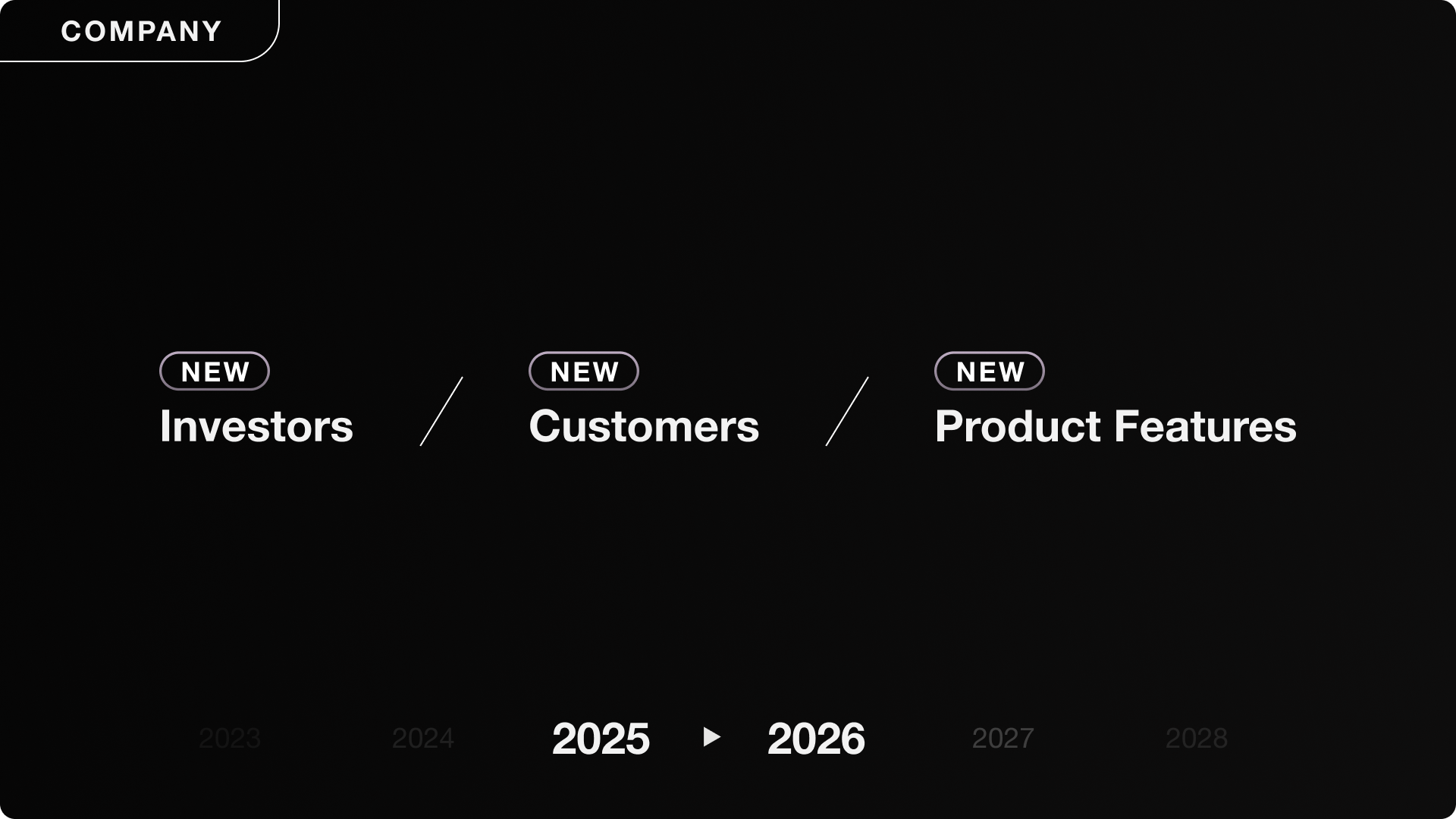
Kicking Off 2026: New Investors, New Customers, New Product Features
A lot has happened in the last two months. We wanted to take a moment to share what we've been building, who's joined us, and where we're headed next.
Since we started Solve, the goal has been simple: help IP teams do their best work by combining real-world patent expertise with deep AI research, intuitive UX, and state-of-the-art security. The momentum we're seeing across the business tells us the market agrees as 400+ IP teams across 6 continents now use Solve.
Here's what's new.
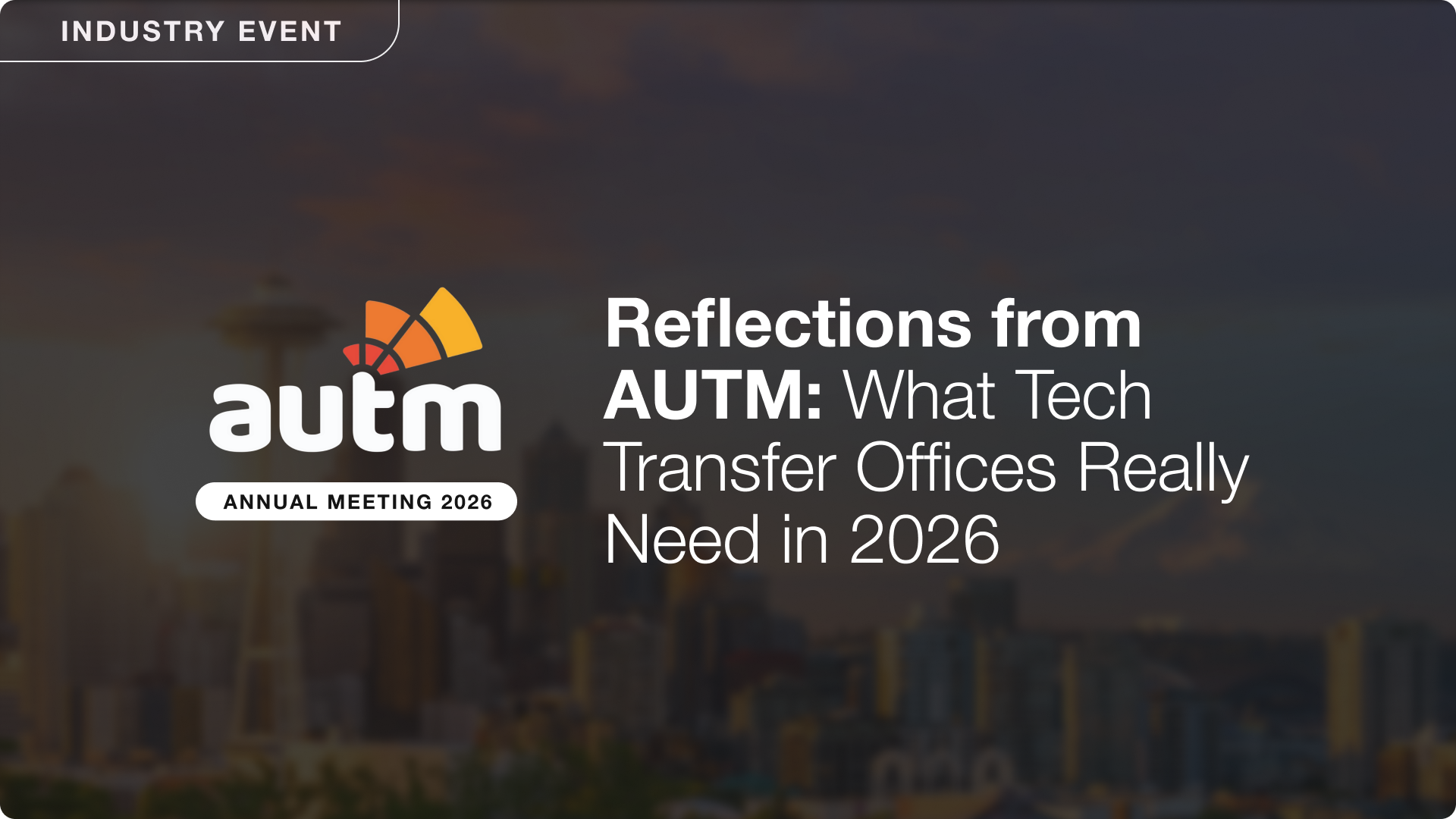
Reflections from AUTM: What Tech Transfer Offices Really Need in 2026
Last week, my colleagues and I attended the annual meeting of AUTM, the global association for technology transfer professionals. For anyone building in the intellectual property (IP) space, it’s one of the most important rooms you can be in.
The three-day conference brings together high education decision-makers from around the world who are shaping how intellectual property is evaluated, protected, and commercialized. This year’s conversations revealed something important: the question is no longer if AI will influence tech transfer, but instead about how institutions will integrate it.
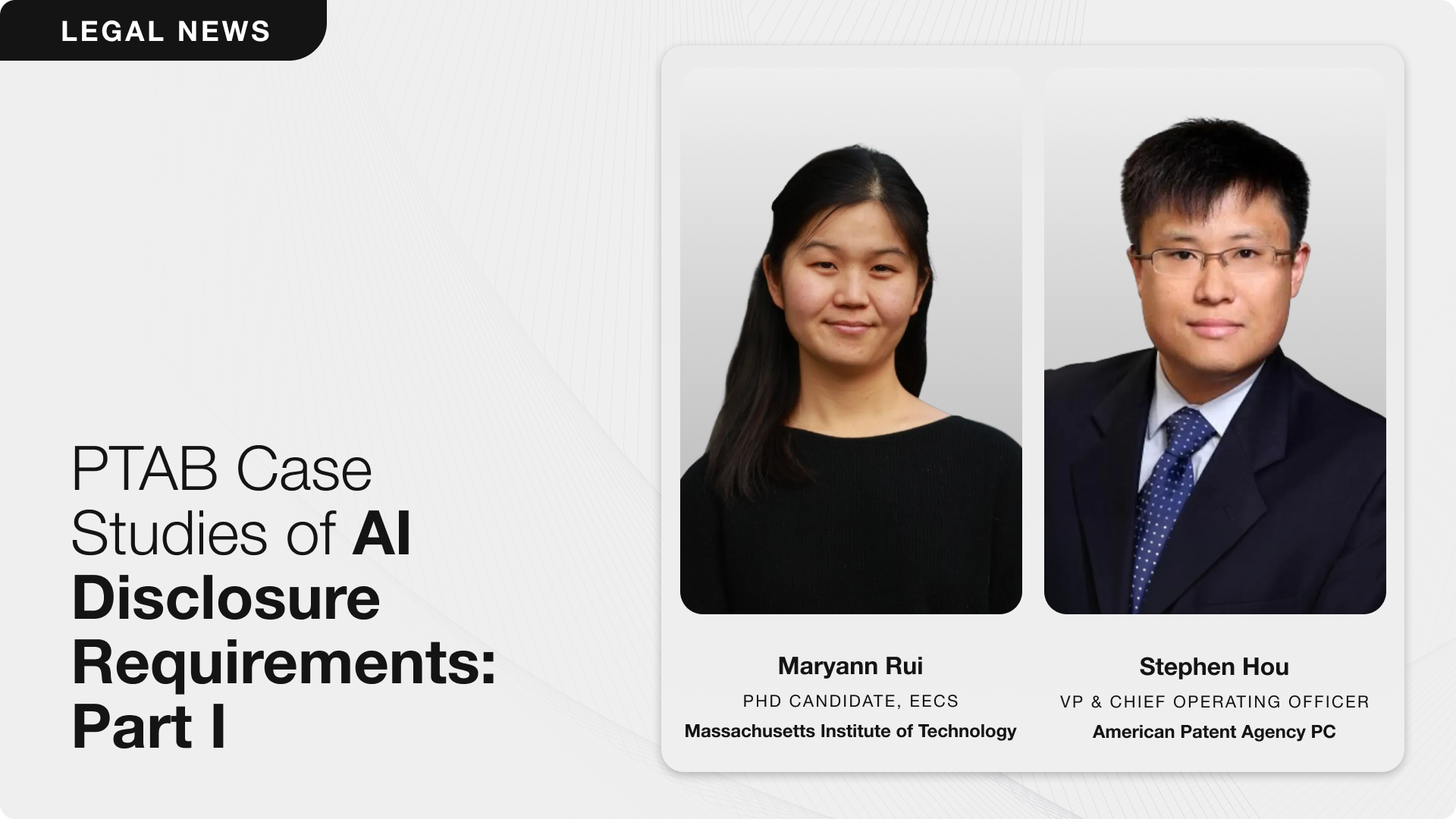
PTAB Case Studies of AI Disclosure Requirements: Part I
Artificial intelligence (AI) is a fast-evolving field with new technical methods, systems, and products constantly being developed. This growth has also been reflected in the dramatic increase in patent filings for AI-related inventions. According to Patents and Artificial Intelligence: A Primer from the Center for Security and Emerging Technology, more than ten times as many AI-related patent applications were published worldwide in 2019 than in 2013, and the increasing trend has only continued since.
Although AI-related patent applications have been on the rise, explicit guidance on patentability requirements have only recently begun to be published by patent offices around the world. Indeed, as a burgeoning field of technology, AI inventions have unique features, such as the importance of training data and the lack of explainability and predictability of trained AI models, that differentiate such innovations from traditional types of computer-implemented inventions (CII).
These features raise questions about the interpretation of disclosure requirements, among other patentability requirements, for AI-related inventions. For example, how much information, such as source code, training data sets, or machine learning model architectures, should be provided to satisfy the written description and enablement requirements of Title 35 of the U.S. Code § 112(a) or analogs in other patent jurisdictions?
As we await further official guidance from the U.S. Patent & Trademark Office (USPTO) on disclosure requirements for AI-related inventions, we can gather initial indications from recent patent prosecution decisions from the Patent Trial & Appeal Board (PTAB) on such issues. In this article, we study a selection of PTAB appeals decisions for applications for AI-related inventions rejected under § 112. To set the background, we first review a classification of AI inventions and USPTO guidelines on disclosure requirements for computer-implemented inventions. After analyzing three case studies, we conclude with general takeaways and best practices, which emphasize that applicants must disclose specific algorithms and implementation details, not just desired outcomes, to satisfy written description requirements.
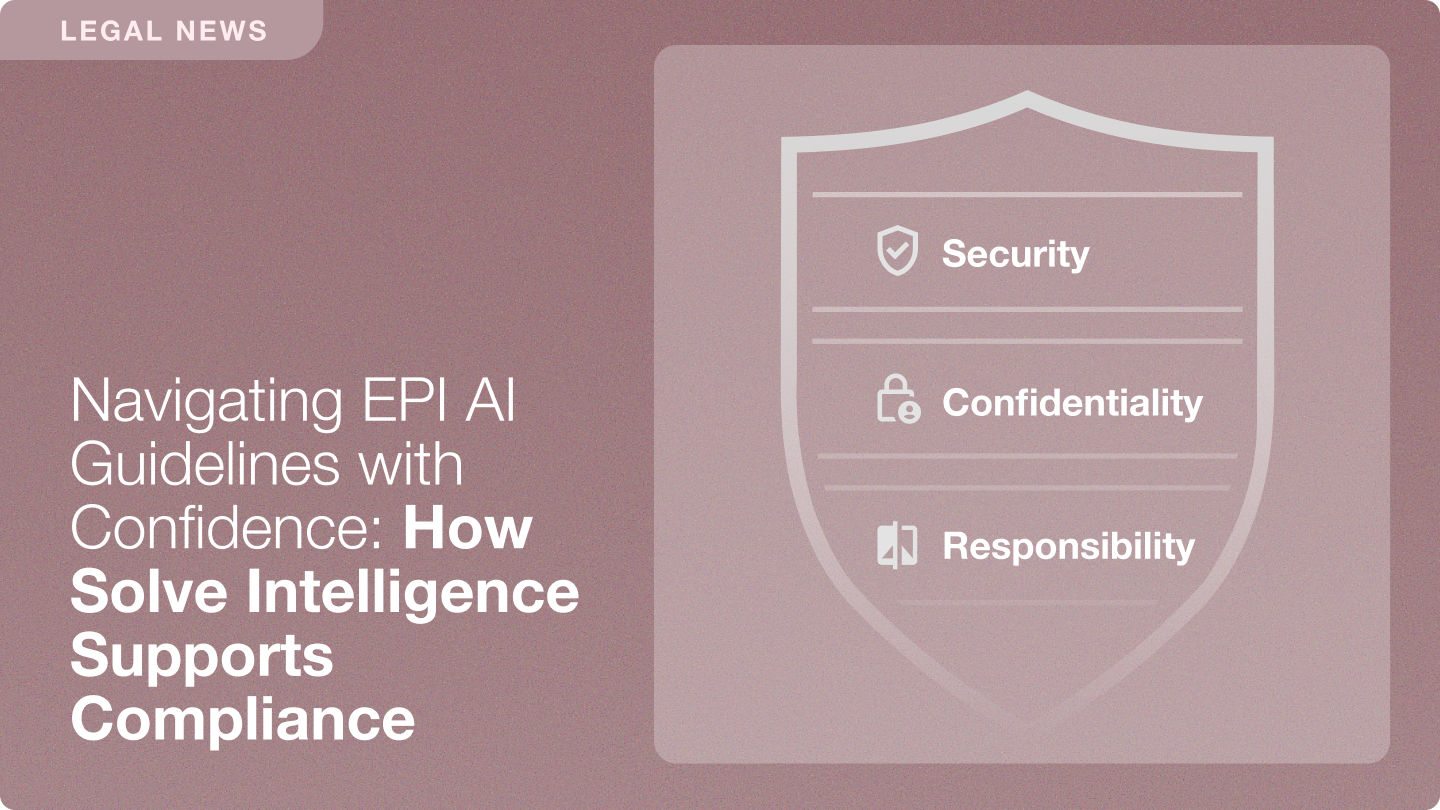
Navigating epi AI Guidelines with Confidence: How Solve Intelligence Supports Compliance
In 2024, the Institute of Professional Representatives before the European Patent Office (epi) published its Guidelines on the Use of Generative AI in the Work of Patent Attorneys. These Guidelines provide practical guardrails for the responsible use of generative AI in patent practice, reaffirming that professional responsibility, confidentiality, and transparency remain central when AI tools are used.
In our earlier blog post, we outlined the key principles set out in the epi Guidelines. Since then, the Guidelines themselves have not changed. However, the use of AI in patent workflows has continued to mature, and so has Solve Intelligence.
This update highlights how Solve Intelligence supports compliance with the epi Guidelines in day-to-day practice, focusing on concrete product capabilities and supporting processes.
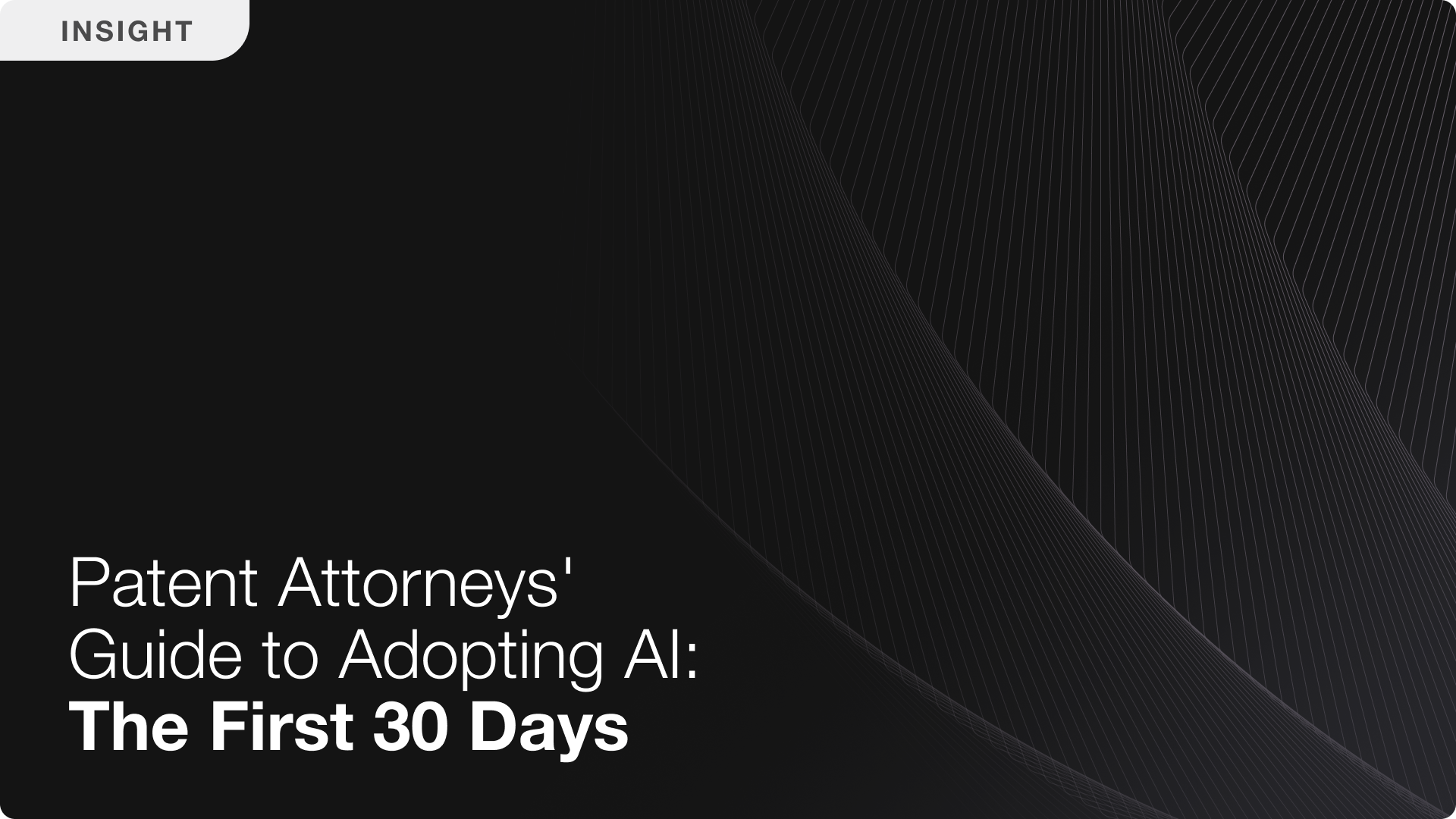
Patent Attorneys' Guide to Adopting AI: The First 30 Days
Artificial intelligence is already reshaping patent practice, but adopting it swiftly, efficiently and securely is where most firms get stuck. Patent professionals know the productivity upside to using gen AI tools, yet often get derailed when informal experiments run into real-world problems: client confidentiality concerns, inferior work-product quality, delayed internal approvals, and decision-fatigue.
This guide lays out a practical, 30-day plan for adopting AI in patent work, moving from ad hoc trials to a controlled, firm-ready strategy. It shows how you can run a focused pilot, set clear guardrails, train attorneys, and document decisions in a way that satisfies partners, clients, and internal stakeholders.
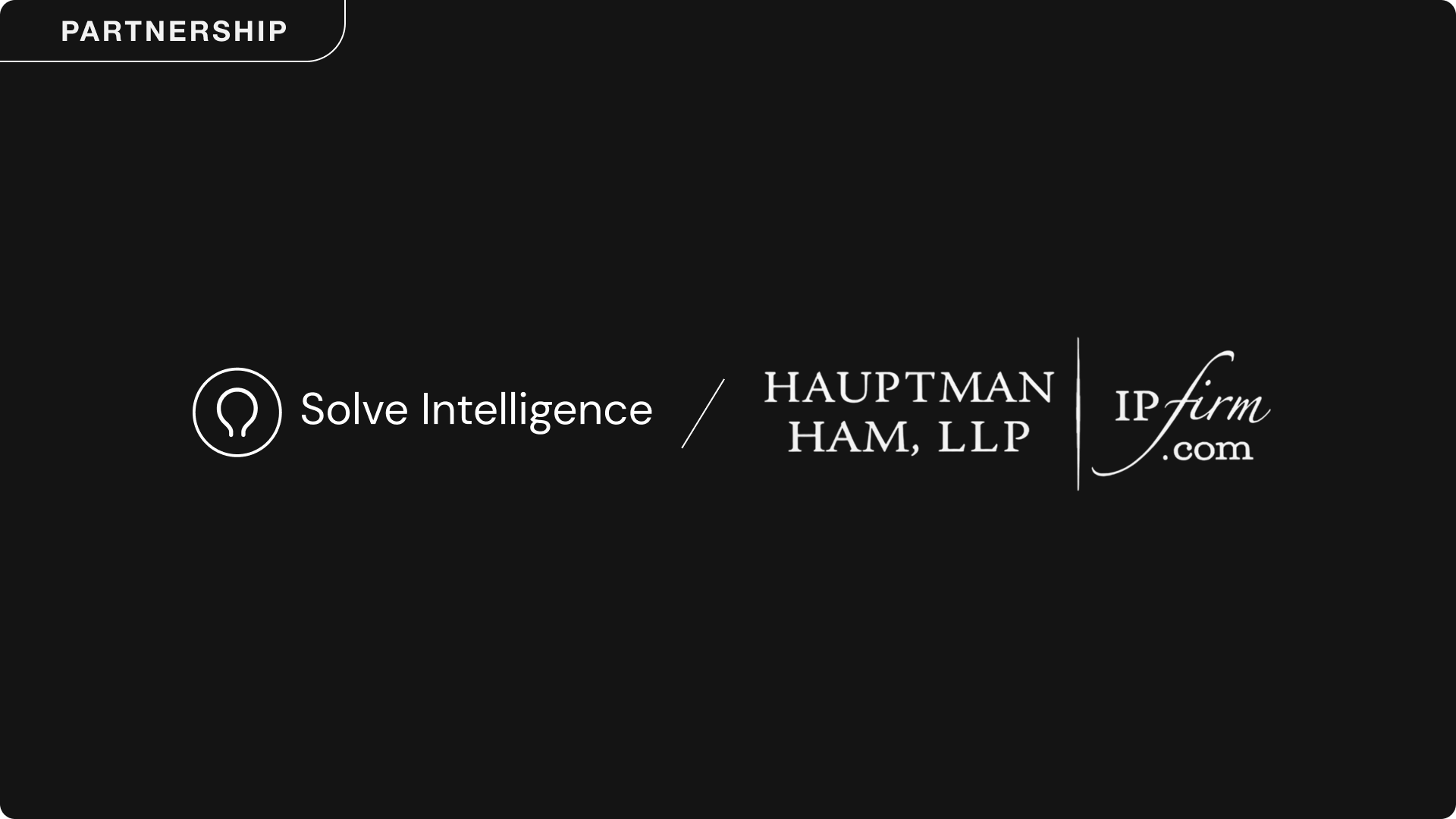
Hauptman Ham Integrates Solve Intelligence into Patent Practice
Hauptman Ham is redefining patent prosecution with Solve Intelligence. By integrating AI-driven workflows into their patent practice, Hauptman Ham attorneys and agents are delivering office action responses that set a new standard—precise, insightful, and creatively crafted. Their clients are gaining a strategic edge with more innovative outcomes that stand out in a competitive landscape.
Firm leader Ron Embry describes the value of Solve Intelligence in Hauptman Ham’s patent practice.
“The Patent Copilot system allows practitioners at Hauptman Ham to use more creative strategies in pursuit of broad, defensible patent claims for our clients. We use the advanced functionality of the Solve Intelligence system to explore multiple potential avenues in responding to rejections and prosecuting families of patent applications. We find the tool to be quite useful in integrating different legal strategies into one unified, comprehensive, and nuanced approach to obtaining patent protection for our clients.”
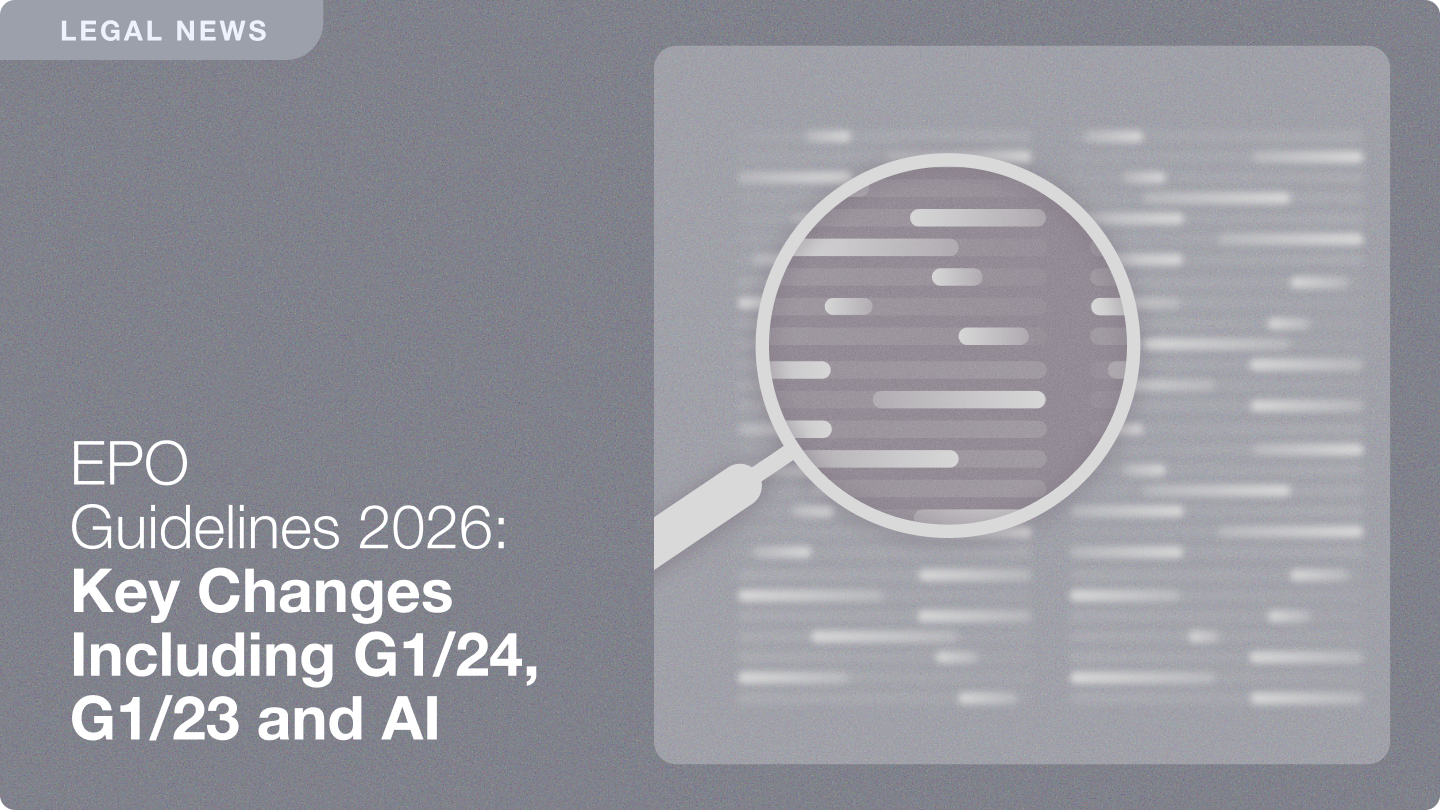
EPO Guidelines 2026: Key Changes Including G 1/24, G 1/23, and AI
The European Patent Office has published a preview of its Guidelines for Examination, effective April 2026. This update incorporates the landmark Enlarged Board decisions G 1/24 (claim interpretation) and G 1/23 (products on the market), alongside a significant change of practice for selection inventions, new rules on colour drawings, and the EPO's first formal guidance on artificial intelligence.